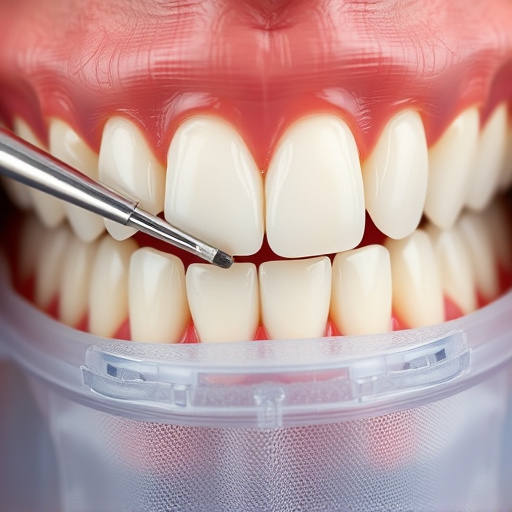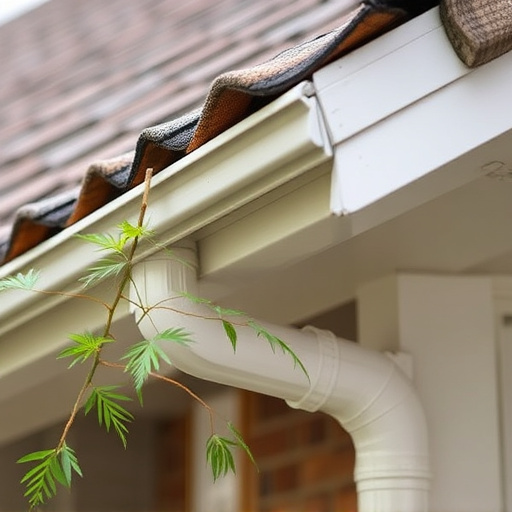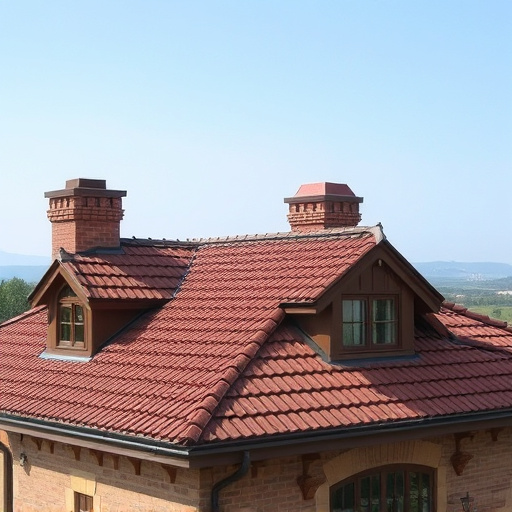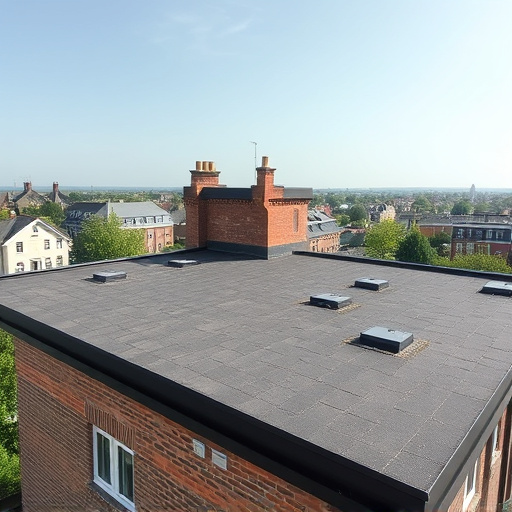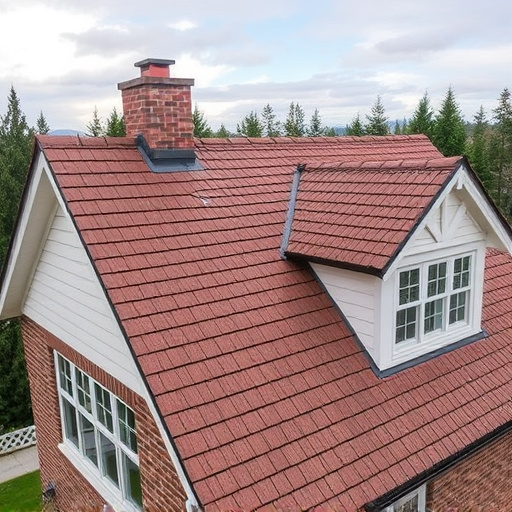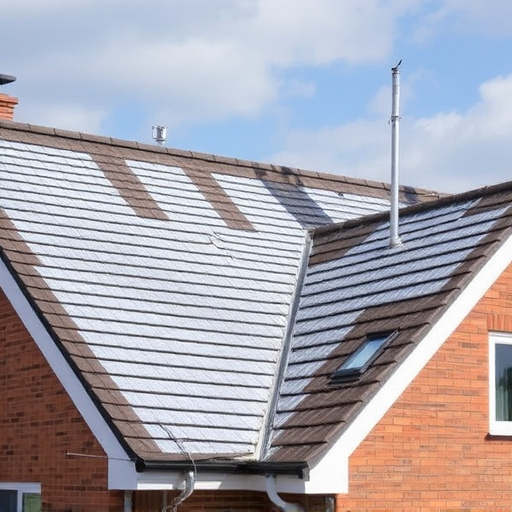A roof contractor inspects roofs for wear, damage, and structural weaknesses, recommending repairs or replacements based on age and weather patterns. They assess underlayment, flashings, gutters, mold, and rot, preserving roof integrity to protect homes and siding installations. For severe damage or old roofs, they offer expert advice on durable replacement materials for both roofing and siding services.
When you schedule a roof contractor inspection, you’re taking a crucial step towards ensuring your home’s protection against the elements. During this visit, expect a thorough evaluation of your roof’s condition and any potential damage. The contractor will examine not just the visible surface but also the structure and underlayment. They’ll discuss repair or replacement options tailored to your needs, offering valuable insights into maintaining or replacing your roofing system.
- Assessing Roof's Condition and Damage
- Examining Structure and Underlayment
- Discussing Repair or Replacement Options
Assessing Roof's Condition and Damage
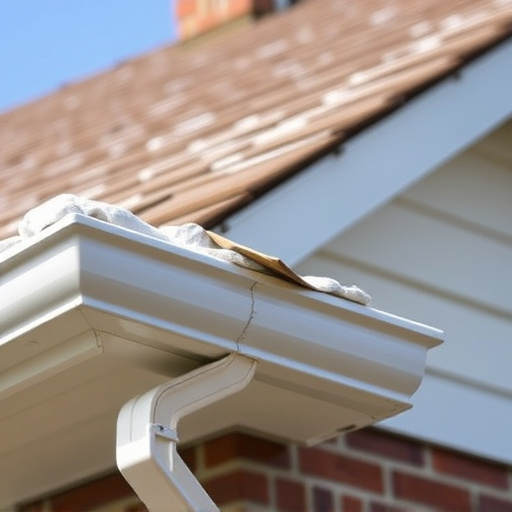
During a roof contractor inspection visit, one of the primary tasks is to assess the condition and potential damage to the roof. The professional roofer will meticulously examine the entire roofing system, looking for signs of wear, tear, or any structural weaknesses. They’ll check for loose or missing shingles, flashing issues, damaged gutters, and even mold or rot in the underlayment. This thorough inspection is crucial as it helps identify immediate concerns and provides a clear picture of the overall health of the roof.
Additionally, the contractor will consider factors like the age of the roof, local weather patterns, and the type of siding (if applicable) installed, such as professional siding or new roofing services. They may also assess the need for repairs or full replacement, recommending suitable solutions to ensure the longevity and integrity of the property’s protective barrier against the elements, thus preserving both the structure and its exterior, including any existing siding installation.
Examining Structure and Underlayment
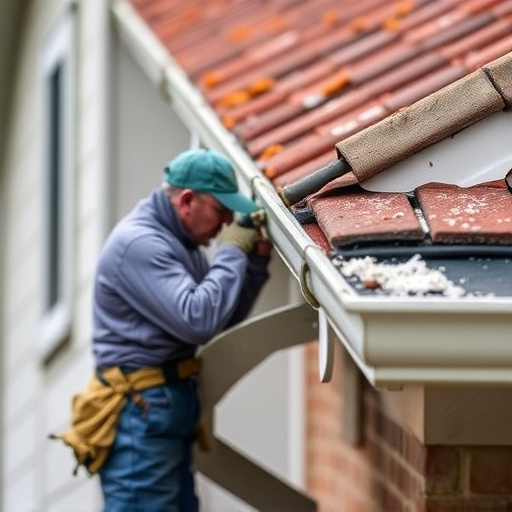
When a roof contractor arrives for an inspection, they will meticulously examine the structure and underlayment of your roof. This involves checking for any signs of damage, rot, or weaknesses in the framework that supports your roof. The contractor will also inspect the underlayment—the protective layer between your roof deck and the shingles—to ensure it’s intact and free from tears or missing sections.
This thorough process is crucial as it helps determine whether a simple repair or a full roof replacement, including siding services if needed, is the best course of action. A professional contractor will use their expertise to identify potential issues that might not be immediately apparent, ensuring your home’s rooftop is secure and protective against future weather events, thus safeguarding your investment in either a repair or a new roof replacement.
Discussing Repair or Replacement Options
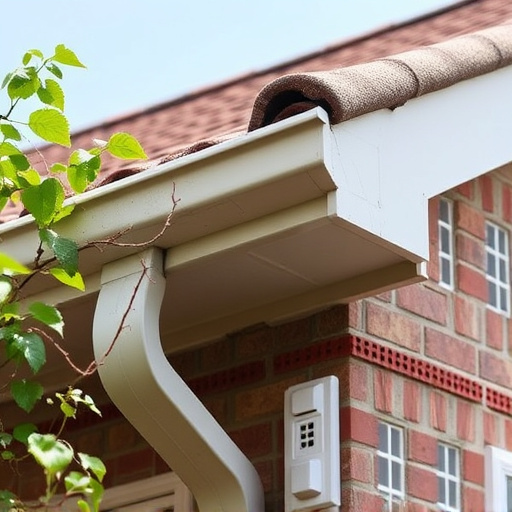
During a roof contractor inspection visit, one key topic that will be discussed is the state of your current roofing system and the options available for repair or replacement. A professional roof contractor will carefully assess the condition of your roof, taking into account factors like age, material, and any signs of damage or wear. Based on their findings, they’ll provide expert advice on whether it’s more feasible to repair or replace the roof.
In many cases, repairs can extend the life of your existing roof, saving you the cost and hassle of complete replacement. This might include patching leaks, replacing missing or damaged shingles, or reinforcing structural components. However, if the damage is extensive or your roof is significantly older, a roof replacement may be recommended. The contractor will guide you through the process, offering options for different types of roofing materials suitable for both commercial siding and residential siding applications, ensuring a durable and aesthetically pleasing finish.
When you host a roof contractor inspection visit, you gain valuable insights into your roof’s health. After assessing the condition and potential damage, the contractor will examine the structure and underlayment, providing an in-depth analysis of any issues. This crucial step paves the way for discussions on repair or replacement options tailored to your specific needs, ensuring your peace of mind knowing your roof is in capable hands. Remember, a professional roof contractor is key to making informed decisions about your property’s most vital protection.


